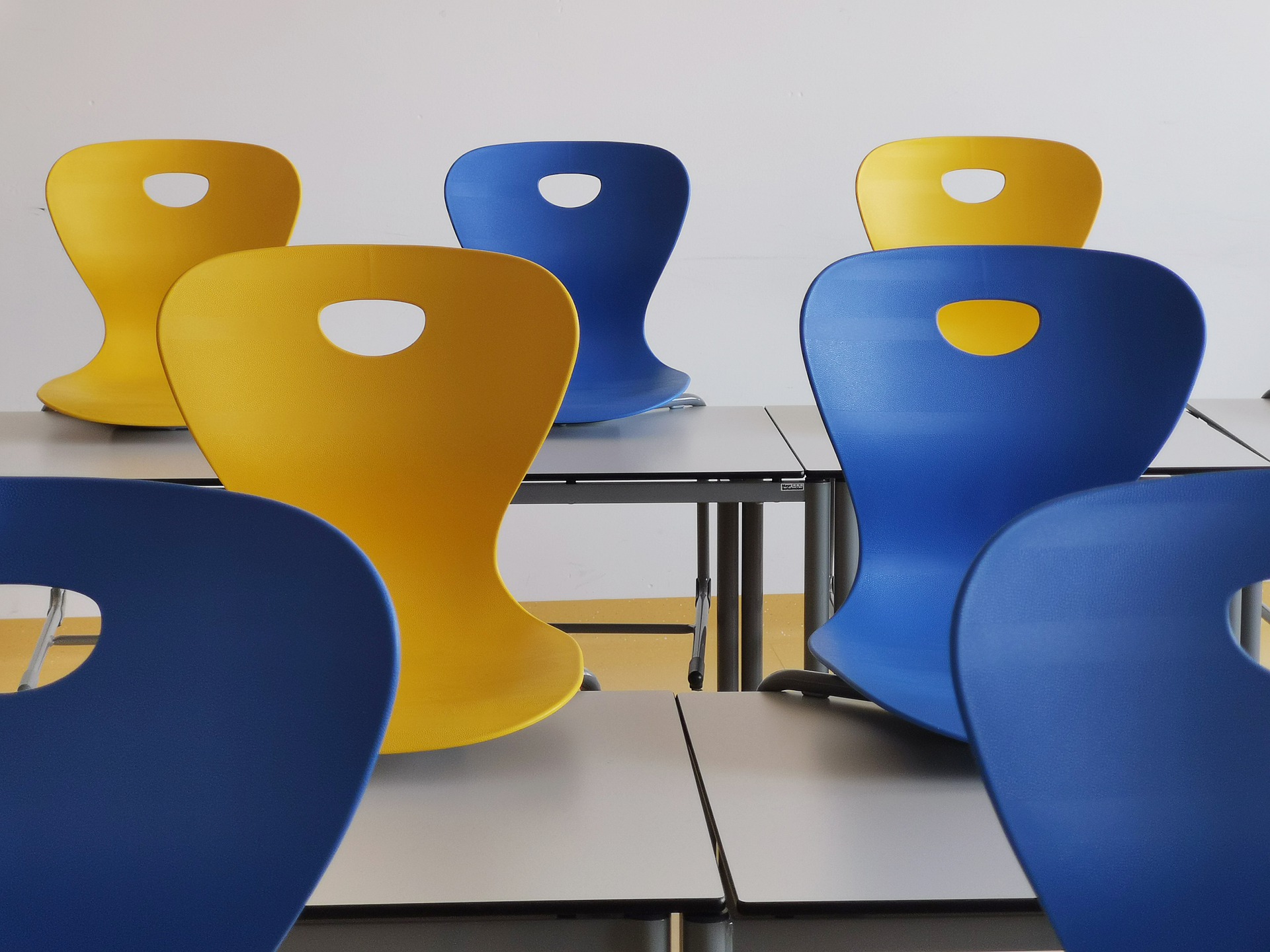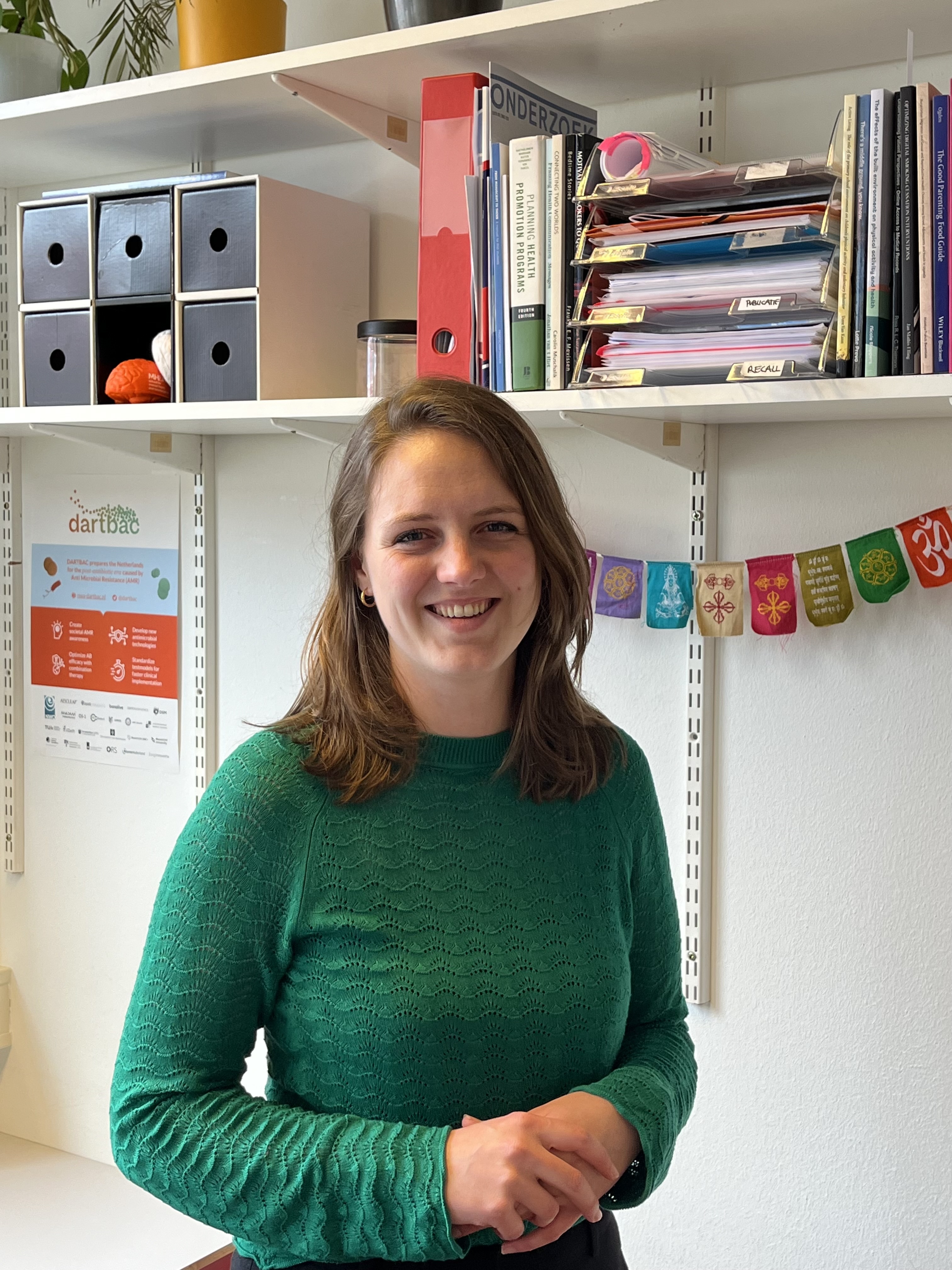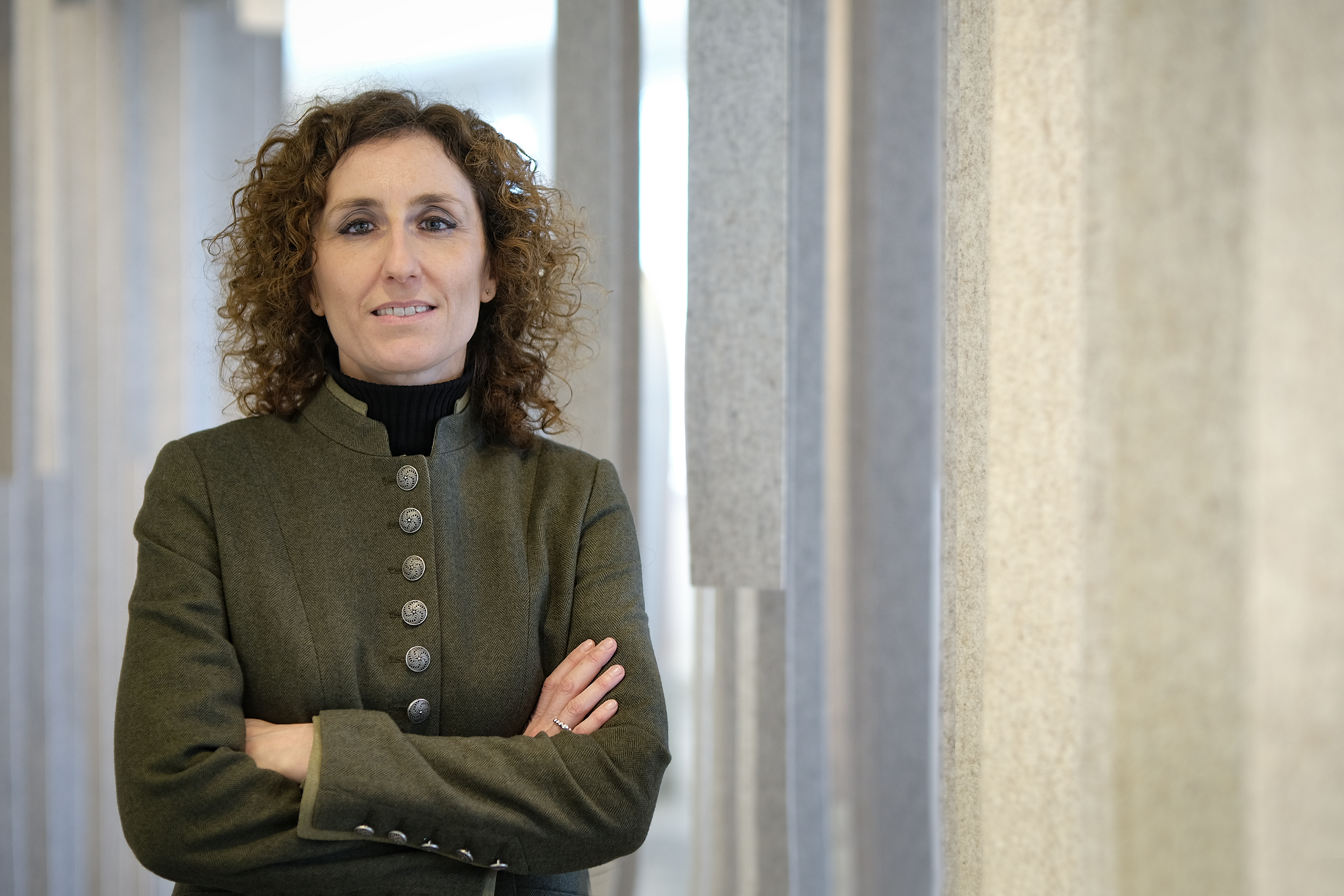The COVID-19 pandemic and ‘Healthy Childcare Centres of the Future’
Although it seems trivial in comparison with the images of overflowing hospitals and empty streets all over the world, the consequences of the COVID-19 pandemic are also felt in the academic world.
In August, I started as a PhD candidate at the department of Family Medicine, working on the ‘Healthy Childcare Centre of the Future’ project (a follow-up project of the ‘Healthy Primary School of the Future’ research project). For my PhD, I’m conducting a process- and effect evaluation of several health-promoting initiatives in twelve childcare centres (centres in which primary education and childcare are combined) in Northern Limburg. After several months of preparation, the baseline measurements, including questionnaires and anthropometric measurements at the participating childcare centres, were scheduled to take place in April and May. Due to the government’s decision to close all schools, these measurements will unfortunately be delayed. This causes a lot of uncertainty, as we’re not sure if we can still perform these measurements before the start of the summer holidays in July. If we have to postpone the measurements until September, this means that we have to include new participants in the study, as we work with a subsample of children that will be followed up for the entire duration of the project. It also means that the implementation of health-promoting initiatives at the childcare centres will be delayed, as they would otherwise influence the baseline measurements. And of course it may also negatively affect my PhD appointment, as it might mean that I will not have enough time to finalise my dissertation.
For the childcare centres the crisis of course also has a major impact; all of a sudden everybody had to work from home. It is amazing to see how fast everybody adapted to the new situation; within a day or two a whole new way of teaching was set up and children were able to work on their school assignments from home. Additionally, videos containing physical activity challenges are being recorded by PE teachers and send to the children. In this way, they can still enjoy physical activity and stay active during this period of social distancing. I’m currently working on various scenarios to hopefully be able to react rapidly when there is more clarity about the course of the pandemic and the measures taken to limit the virus’ further spread in the Netherlands. In this way, we hope to minimise the impact which the COVID-19 pandemic will undoubtedly have on the project.
By: Marla Hahnraths, PhD candidate
RL Optimising Patient Care
Also read
-
In the upcoming months, the Faculty of Health, Medicine and Life Sciences will share tips on Instagram on how to live a healthier life. Not just a random collection, but tips based on actual research happening at our faculty. The brains behind this idea are Lieve Vonken and Gido Metz, PhD candidates...
-
Berta Cillero Pastor is an Associate Professor and group leader at the MERLN Institute for Technology-Inspired Regenerative Medicine. Her research is centred around mass spectrometry (imaging) to gain insights into molecules in cells and tissues for biomedical research. With this technique, changes...
-
Scientists at the biomedical MERLN Institute of Maastricht University and the Maastricht University Medical Center have succeeded in growing an embryo structure of human identical twins purely from stem cells, without using an egg or sperm cell. Thanks to this culture, scientists are now seeing for...



